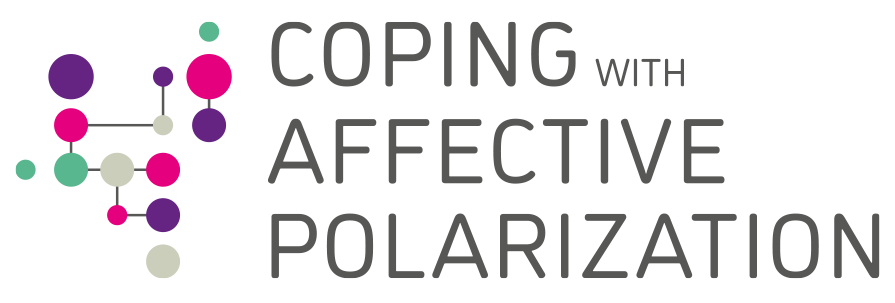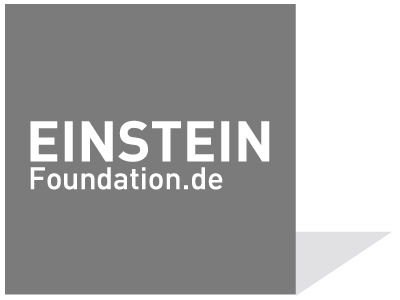
Lead Coordinator:
Prof. Dr. Swen Hutter
Principle Investigators:
Prof. Dr. Swen Hutter, Prof. Dr. Barbara Pfetsch, Prof. Dr. Simon Koschut
Postdoctoral Researcher:
Dr. Clara van den Berg, Dr. Rico Neumann
Considering that collective actors within civil society play a crucial role in articulating and mobilizing sentiments, this stream goes beyond the coping resources and strategies of individuals and social interactions. Using a combination of methods comprising content analysis, network analysis, ethnographic and interview methods, we primarily analyze group-level communication expressed via digital media.
In online public spheres, the sorting of group-based differences is facilitated and accelerated, highlighting the need for effective strategies to navigate such polarized information environments. Our goal is to identify and classify such coping strategies in the context of civil society which entails different public demands and influences. How affective polarization, including its consequences, is reflected in our communication, language and social networks, and which strategies groups and organizations in civil society employ to cope with these challenges is thus the main focus of our Research Stream ‘Civil Society Groups’.
Research Questions and Objectives
Finding answers to these questions, our research agenda focuses on three main topics, combining various conceptual and methodological approaches:
Research Streams

